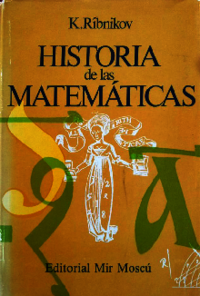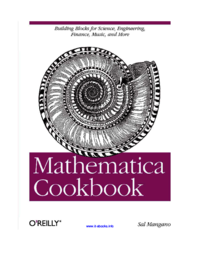THE GREEN COMPUTING BOOK
116 Visitas | 70 Descargas | 2017-02-14 06:13:42 | raulito
Descripción
In 1957, the Soviet Union launched the first Earth-orbiting artificial satellite—Sputnik I—into space. This singular event precipitated the birth of the space age and, more specifically, the U.S.–U.S.S.R. space race. If we fast forward 45 years, the year is 2002, and Japan unveils the first supercomputer that obliterates U.S. domination in supercomputing,?creating such a fervor that the event is dubbed Compute-nik and ignites an “arms race in supercomputing” in which the need for speed is paramount above all else and supercomputing (also referred to as high-performance computing or HPC) becomes increasingly mainstream, as illustrated in Figure 0.1 from the U.S. Council of Competitiveness, and as detailed in a report by the President’s Information Technology Advisory Committee (PITAC). However, this singular focus on speed as a performance metric arguably comes at the expense of other performance metrics, such as efficiency, reliability, and availability, to name a few. These “other” metrics are of particular interest to our Supercomputing in Small Spaces (SSS) project, which started in 2001, when being cool was “not cool.” Why? With the supercomputing community’s focus on speed, supercomputing nodes were not only becoming faster but also consuming and dissipating more power. By applying Arrhenius’s equation† to microelectronics or, more generally, computer hardware, every 10?C increase in temperature doubles the failure rate of a given system. This equation was supported by our own informal empirical data at the time, specifically a 128-node cluster that resided in a warehouse and failed approximately once perweek during thewinter months when the temperature inside the warehouse was 21–23?C and approximately twice per week during the summer months when the temperature was 30–32?C.
Detalles
| Editorial: | CRC Press LLC |
| Autor(es): |
Horst Simon |
| Lenguaje: | Ingles |
| Tamaño: | 2.61 MB |
| Categoría: | Matemática |
| Etiquetas: |
Otros Libros de "Matemática"
Contribuir
Usted puede contribuir con Libros UCLV, es importante para nosotros su aporte..
Contribuir


